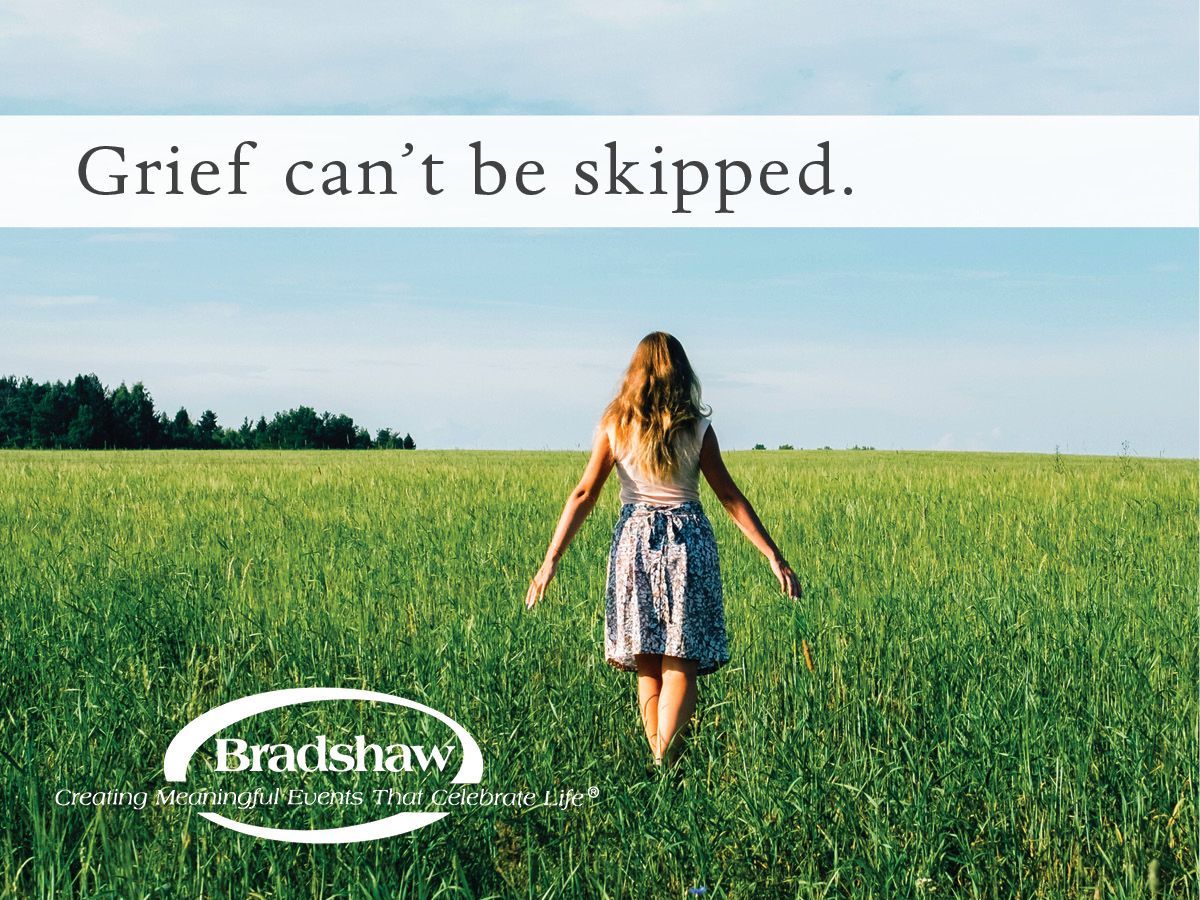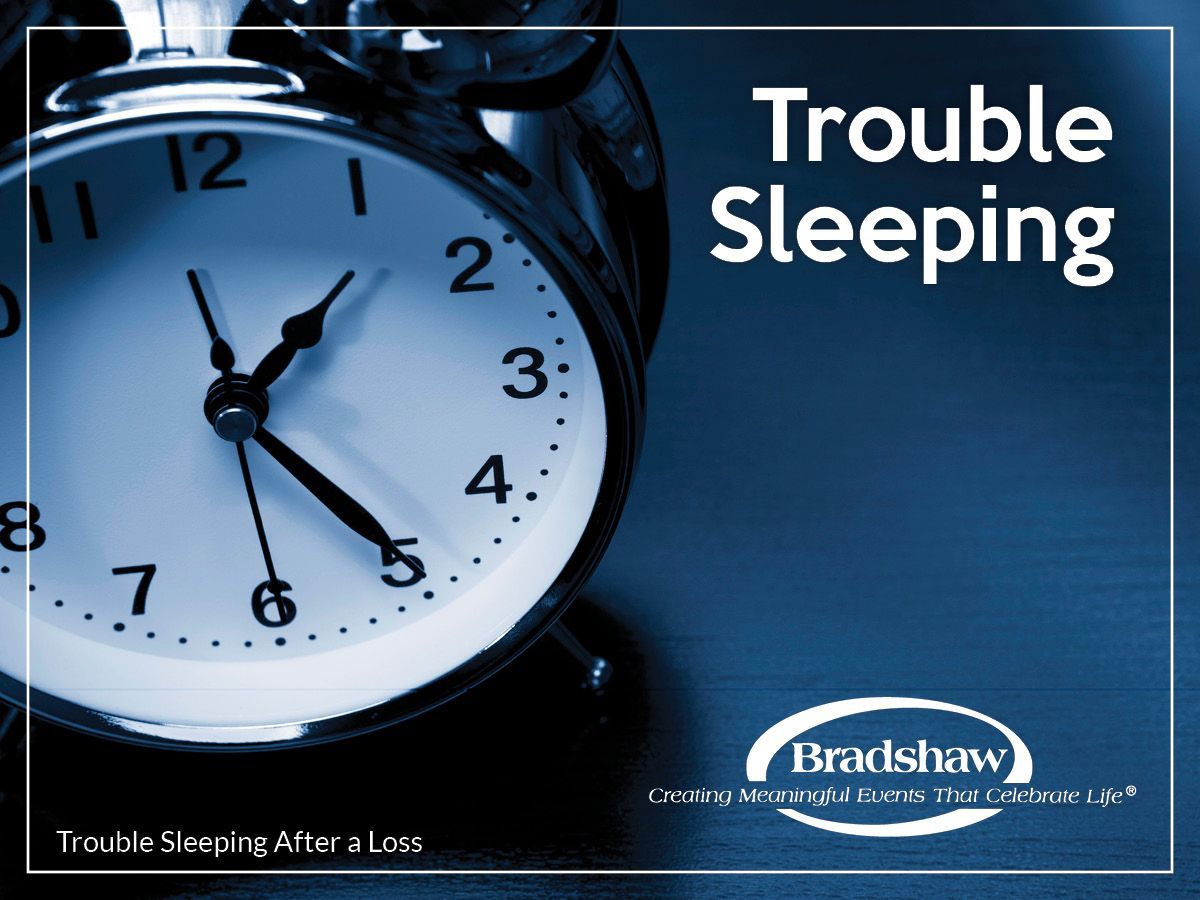It’s a Funeral … Go Ahead and CRY
Should Americans get more comfortable with tears?
When it comes to funerals Americans can sometimes feel uncomfortable both shedding tears or observing their flow from a fellow mourner. Perhaps you have attended a funeral and noticed those who need to weep often leave the room? They retire to the restroom or go outside for a breather. Why? What triggers tears? What are tears made of? Is there any benefit to shedding tears?
Human beings actually shed, on average, between 15 and 30 gallons of tears each year. Both sexes cry. According to research, women cry an average of 3.5 times per month and men cry an average of 1.9 times a month. Tears are produced by the lacrimal gland located just above the eye. The lacrimal gland receives signals from both the autonomic nervous system and the frontal lobe of the brain. Humans produce three distinct types of tears. Each type has its own trigger, chemical make-up, benefit, and each looks different under a microscope.
Basal tears are in the eye all the time. They lubricate, nourish, and protect the cornea. Basal tears shield the eye from dirt and debris. They are made up of a protein-rich antibacterial liquid that helps keep the eyes moist every time a person blinks. Basal tears are not unique to humans, as animals also produce this type of tear. Under a microscope these tears look like delicate branches of a tree or undersea coral.
Reflexive tears/onion tears are the tears that are triggered in response to an irritant. Smoke, wind, and chemical irritants trigger these tears. They come in greater quantity than basal tears and contain more antibodies to help fight bacteria. Their job is to flush the eye of the irritating substance. Under a microscope these tears look like a close pattern of dense snowflakes.
Emotional tears are our funeral tears. They are also the ones we shed when we hear the national anthem and see our flag waving, watch our grandchild play the flute in her first music recital or score his first soccer goal. Emotional tears are amazing. These tears are unique to humans. They are triggered by the frontal lobe of our brain in response to our human experience. Their chemistry is different. They are thicker than our other tears making them more visible as they make their way down the cheek. These emotional tears contain additional proteins and hormones, they contain a natural pain killer as well as endorphins. Science is catching up to the ancient folk wisdom that says, “you’ll feel better after a good cry”. Under the microscope these tears actually look different based on the emotion that triggered them. Emotional tears look like fractured glass. ( Rose-Lynn Fishe r "The Topography of Tears")
People may try to suppress tears if they see them as a sign of weakness, but science suggests that doing so could mean missing out on a range of benefits. There is still much to learn about the science of tears, but newer research indicates:
1. Tears have a self-soothing effect. Shedding tears helps people regulate their own emotions, calm themselves, and reduce their own distress. Crying activates the parasympathetic nervous system which helps people relax.
2. Crying helps people get support from others around them. Human beings are social. Crying is an attachment behavior: it rallies support from people around us and has an interpersonal social benefit. The human body is simply marvelous. Emotional tears literally stick to our face so others can see we need help!
3. Weeping helps to relieve pain. Tears release oxytocin and endorphins. These chemicals make people feel good and may ease both physical and emotional pain and promote a sense of well-being.
4. Crying may help lift people’s spirits and make them feel better. Oxytocin and endorphins can help improve mood.
Maybe it is time to embrace our tears—or at the very least, respond with a hug and kind words when we see someone at a funeral crying.











